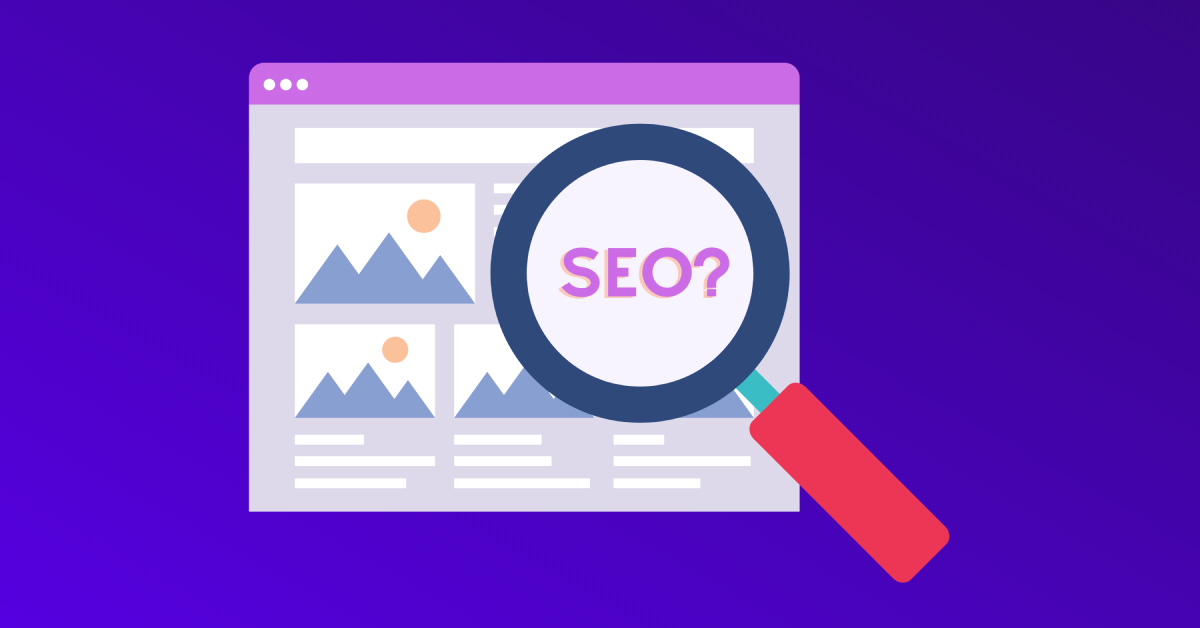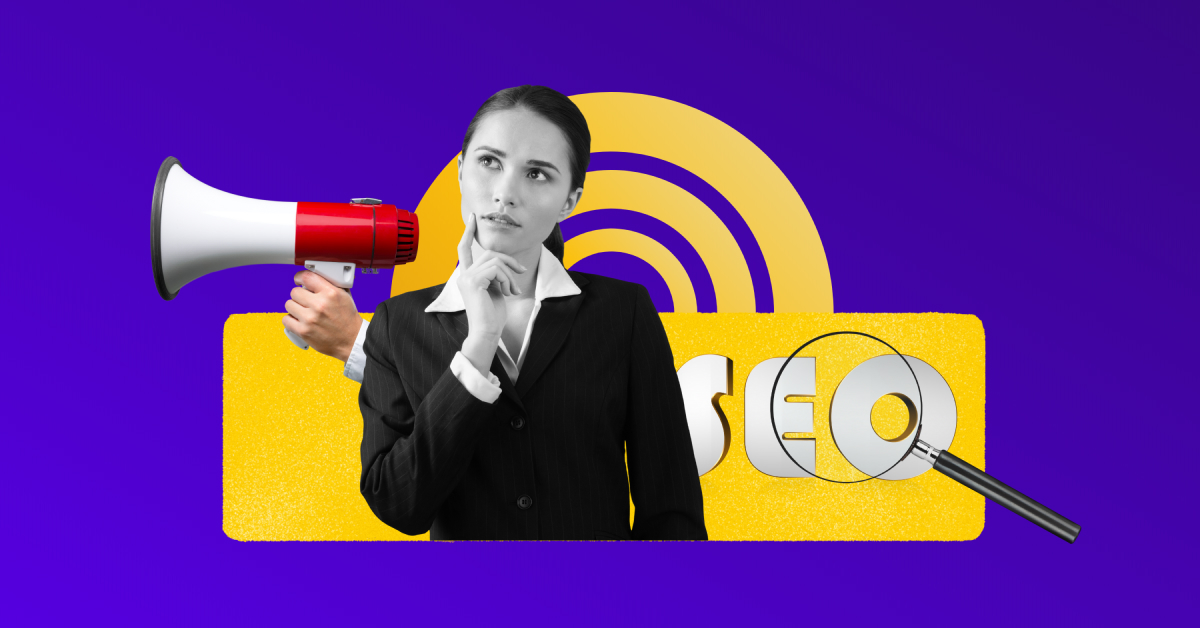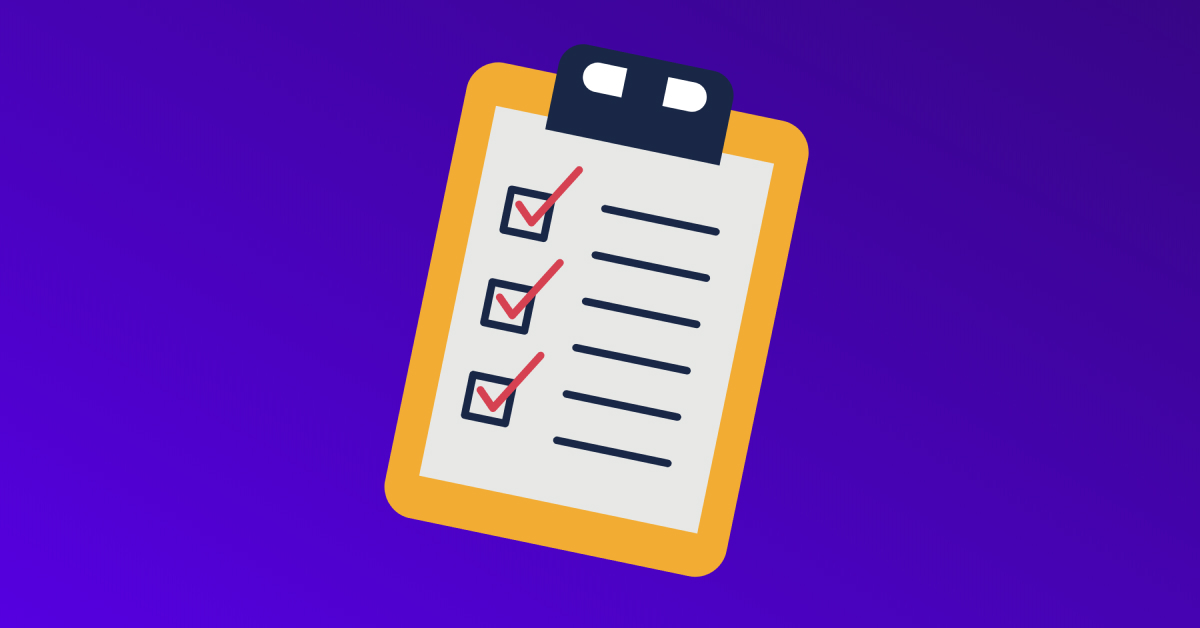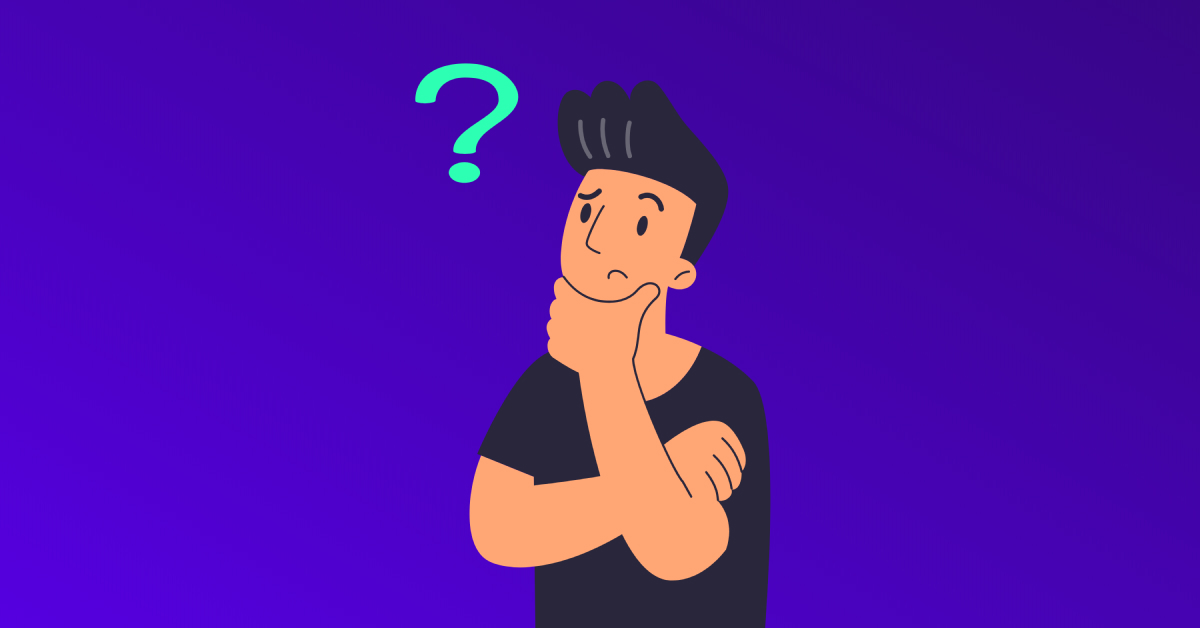When your customer likes a product, where do you think they go first to research more about the product?
A. To the mall
B. The television
C. Google search
Since we live in the digital world...
Safe to say, the answer is C. Google Search.
Not only that, but Google acquires 8.5 billion searches a day! That's also around 99,000 searches per second.
Whoa, that's a massive number of searches, right?
So, think about how many people can also see your website on the SERPs or search engine results page.
You shouldn't miss this opportunity to put your brand out there!
That's why you'll learn SEO or Search Engine Optimization today to boost your sales.
Let's deep dive.
What Is Search Engine Optimization?

Search Engine Optimization is a digital marketing strategy.
It is the process of optimizing your website or web pages to increase visibility.
Through eCommerce SEO, you can rank higher on search engines whenever potential customers search for the keywords you use.
You are also bringing organic traffic to your website. Unlike in SEM or Search Engine Marketing, which is paid.
But take note, ranking high on SERPs or search engine results page organically takes time.
And according to study, it is between 3-6 months.
So, why should you spend time optimizing your eCommerce website for SEO?
Why Is Search Engine Optimization Important?

1. It Can Boost Brand Awareness
Since the primary goal of your SEO strategy is to rank higher on SERPs, you can boost your brand awareness through SEO.
For example, you're selling "bath bombs" on your eCommerce website.
Once you have well-optimized web content and keywords, your website can appear on the SERPs whenever potential customers search for "bath bombs."
But this will only happen if you are consistently implementing SEO best practices for at least three months.
Just imagine... Without spending a dime, you're getting more customers to your page!
Another reason why SEO can help you grow your business is...
2. It's Budget-Friendly
As I said, Search Engine Optimization is free or organic traffic.
You don't have to pay Google or other search engines to appear on the results pages. Like social media, Search Engine Optimization is not paid... It's free to get started.
And like social media, SEO needs more time and effort on your part before you start seeing results.
You have to conduct keyword research, utilize link building, and research other SEO strategies.
So, make sure you're armed with the best tools and knowledge before you dip a toe in the water.
Another benefit is...
3. It Can Bring In More Customers
SEO can help you bring in more customers.
Because if they search for your keywords and see you have a fully-optimized and functional website, converting them into customers will be easier.
But customers have different buying stages.
So you have to create different types of content for each stage (which we'll talk about later). ?
Now, let's talk about...
5 Ways On How To Use SEO To Increase Your Online Sales
1. Learn The Basics Of Search Engine Optimization
Before executing your SEO strategy, it's best to learn its fundamentals first.
Because knowing how it works in and out will help you take advantage of SEO properly and make sales.
To give you some idea, here are some standard terms used in Search Engine Optimization:
- Alt Text. These are texts you can put on images. It helps search engines see what the image is about and improves your SEO.
- Anchor Text. If you're going to insert a link, you need to use an Anchor Text. It's important because you can redirect your reader to another relevant wesite. For example, if you say "Order now before it's gone!" you can use the "Order now" as an anchor text and insert the link to your order page.
- eCommerce SEO. This is the practice of SEO by an eCommerce brand.
- Google Analytics. It's the use of Google to see the performance of your content or SEO tactics.
- Internal Links. These are links to your website. For example, you are suggesting a different product alternative on one of your blogs. Then you can insert a link to your product pages. Internal links are important because you can redirect your customers to other relevant parts of your websites.
- Outbound Link. This means you're linking and redirecting your readers to another website. This is helpful because you can build relationships with other websites.
- SERP. This is the Search Engine Results Page. This is what comes up when you enter a search query.
- Meta Description. It's a snippet of what the eCommerce websites are about on the search results before prospects click on it. If you make youe meta descriptions interesting enough, you can increase your Click-Through Rate.
- Landing Page. This is usually where you're redirecting your customers. For example, they searched for "Pink bath bombs." Your landing page should be a web page where all the pink bath bombs are located.
- Branded Keywords. These are keywords that include the names or brands of eCommerce businesses.
Knowing these terms won't give you a hard time learning how SEO works. At least you have an idea what they're talking about!
Another great way to boost your sales is through...
2. Keyword Research
Keyword Research is very important in Search Engine Optimization.
Why? Because this is what your customers will input on the search engine.
If you choose the wrong keywords, your target customers might not find you. Make sure to select the right keywords your target customers might use.
So, what are the types of keywords for SEO?
- Short Tail Keywords. These are short keywords, like "bath bombs."
- Long Tail Keywords. These are long keywords, like "bath bombs near me delivery."
- Short-term. These are short-term fresh keywords that refer to something that's recently "hyped." Usually, the competition isn't as high.
- Long-term. Long-term keywords have very high competition because these are "evergreen" keywords. It means they have been relevant for a long time.
- Product defining. These are keywords that describe your product. For example, "bath bombs pink organic."
- Customer defining. These keywords focus on your customers. For example, "bath bombs for ladies."
- Geo-targeting. These are location-based keywords. For example, "bath bombs in New York."
- Intent targeting. These keywords refer to what your target customers want to do. This can be through searching your eCommerce website's name + deliver/login/pricing.
To increase sales, you need in-depth keyword research in your SEO strategy.
That's why I suggest using keyword research tools, or checking out Google Trends and Keyword Planner to find the best relevant keywords to use.
Spend some time on keyword research to maximize the possibility of boosting your sales!
Let's hop on to the next one...
3. Set Up A Blog And Write High-Quality Content

Blogging is a form of content marketing, and it's beneficial in SEO.
Why? Because through blogging, you can apply different SEO strategies and optimize your great content for more visibility.
Now, this is how to add a blog section to your Shopify store.
Since Shopify has a default blog section called "News," you can just customize it based on your preference.
The next thing you need to learn is to add your first blog.
- Navigate to Shopify Admin.
- Choose Blog Posts under Online Store.
- Enter the Title and Content of your blog.
- Navigate to the Organization section, then choose Create a new blog on the drop-down menu.
- Enter Blog Title.
- Save.
After setting up your blog, it's time to plan how to write high-quality content.
So, how to produce and write high-quality content or blogs?
My tip is to create content based on your target customers' problems.
For example, if you're selling bath bombs, you can write a blog that provides solutions. Like, "Top 10 Gifts For Christmas" or "Best Valentine's Day Gifts For Your Besties" type of blogs.
Next is to categorize your content pillars.
Content pillars are the types of content you're posting on your blogs.
Don't just focus on providing information about your industry. You can also entertain and promote your products.
Or encourage user-generated content and product reviews to use them in your content marketing.
You need to find the balance.
And after writing your great content...
4. Optimize On-Page SEO

On-page optimization is also important because these are the nitty-gritty that helps you rank in search engines. That's why this is one of my tips to increase your sales.
So, what are these things that you need to check and optimize?
- Loading speed. Make sure your website is loading quickly before losing potential customers.
- Broken links. Check if your links are all working or redirect your visitors to the right pages.
- Broken images. Make sure your product images are working.
- ALT text. Include ALT texts on your images to increase visibility.
- Page titles. This appears on the browser tab, so make sure to use an accurate page title.
- Meta description. Write a compelling meta description to grab more website visitors.
- Meta title. This is what they're seeing when they search for your keywords on the search results.
- Keywords. Make sure you use your keywords on product pages, product descriptions, home pages, or blogs.
- Internal linking. Check if you're doing enough linking to other pages of your website to reduce bounce rate.
- Short URLs. Shorten your URLs because they have more advantages than longer ones.
Remember, even if you create a great blog or website... there are still other details that need your attention.
They will help you achieve your goal!
And lastly...
5. Optimize For Mobile Users

Whatever you're doing for your business, don't forget mobile users in your SEO efforts.
So, why are they important?
It's because 80% of mobile searches resulted in-store visits within 5 hours!
If you think about it, that's an excellent opportunity for your eCommerce store.
That's why you should optimize your website for mobile users because some of your potential customers are using mobile devices most of the time.
In fact, there are over 4 billion mobile internet users!
So... Are you ready?
Take Advantage Of SEO And Increase Your eCommerce Sales!
Search Engine Optimization is a digital marketing strategy you shouldn't be missing. And I'm sure it's worth all your marketing efforts.
And to make it even more effective in increasing sales, make sure you have a user-friendly website to go with it.
Well... that's Debutify! Your search traffic can turn into conversion rates.
It's a fast-loading, mobile-friendly, clean code eCommerce theme perfect for ensuring the functionality and usability of your website.
It also has 50+ Add-Ons to help you maximize profits, AOV, and conversions!
Generate More Sales And Try Debutify For Free - Today!
14-Day Free Trial. 1-Click Installation. No Credit Card Required.







